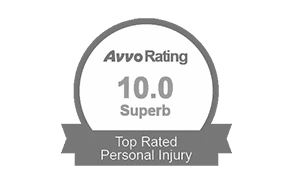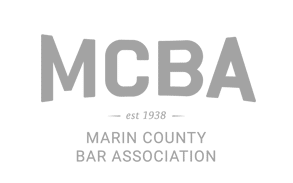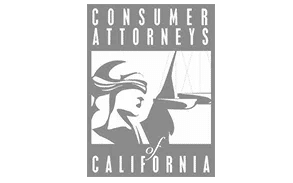
What happens when your car gets recalled? It’s not something vehicle owners want to think about, especially if the vehicle is new. Before panic sets in, it’s important to understand how factory recalls work, and whether or not they pertain to your particular vehicle. Generally, recalls are issued that pertain to a year and model type, and they usually apply to only some vehicles that were manufactured at a particular plant or with specified parts. In addition, some recalls involve only minor components.
Find out the Specifics on the Recall
Start by calling your dealer with your VIN so they can determine whether your vehicle is included in the recall. You can also review the National Highway Traffic Safety Administration’s (NHTSA) recall website to see if your VIN is one of those included on the list. When manufacturers discover a safety defect in a vehicle, they are required to report this information to the NHTSA.
Next, find out whether the recall involves a major safety component and whether or not your vehicle is safe to drive. Critical safety components are those that affect steering, acceleration, braking, or passenger restraints.
If the recall indicates there is a chance for malfunction while driving the vehicle, do not get in your car and head to the dealership. Contact them to make the necessary arrangements to have the vehicle picked up and transported. If they refuse to have the vehicle towed and handle the expenses, you can opt to pay for it yourself and contact a Northern California personal injury attorney.
You should not be incurring any costs associated with a recall. Not all recalls are serious or could put you at risk if you drive the vehicle to the dealer. If your particular recall does not involve a critical safety component, set up an appointment time with the dealer to have the recalled part addressed.
Protecting Yourself During the Purchase Process
While you can’t predict a recall, you can ask important questions of the seller when you are purchasing a vehicle. The person selling the vehicle should be able to answer questions on whether there have been recalls and whether or not repairs were made.
Ask for copies of all maintenance and repairs that have been completed on the vehicle since it was brand new. If the seller is unable or unwilling to supply this, you can conduct a vehicle history report that will search your vehicle’s history by its VIN. In addition to maintenance repairs, it will uncover any other serious issues with the vehicle, including accidents, flood damage, and official odometer reports. If the odometer report varies from the vehicle, you should not consider purchasing the vehicle, as an altered odometer is a red flag.
Spending a few extra minutes researching the vehicle you’re interested in could save you excessive repairs and from purchasing a vehicle that has a history of problems.
Injuries and Accidents
Unfortunately, situations arise where a vehicle malfunctions and there was no recall issued. Auto manufacturers are typically the ones who issue the recall, so if you suspect something is wrong with your vehicle, you should report it right away. What happens if you are involved in an accident that may be attributed to a defect or malfunction with the vehicle, rather than due to negligence? You may have a claim against the vehicle manufacturer if there is something inherently wrong with your vehicle.
In addition, if you suffered injuries or were involved in an accident due to the malfunction that was addressed in the recall, you may have recourse as well.
California Lemon Laws
California has the Song-Beverly Consumer Warranty Act, which is more commonly known as the California Lemon Law. Under this law, merchants who sell express warranties with their vehicles are required to maintain repair and service facilities within California or authorize other independent repair shops to work on the vehicles. Vehicles must be repaired at the same level of standards noted in the warranties. If the authorized repair facility or manufacturer makes multiple attempts and cannot complete repairs to the warranty standards, then the manufacturer is required to replace the vehicle or issue a refund to the buyer.
Secret Warranties
Watch for manufacturers or repair shops that offer to replace or repair defective components that have not been publicized to consumers. These are often called silent recalls. The repairs are done as a way to save money on publishing a recall and risking bad press. These silent recalls benefit the manufacturer but put vehicle owners at risk by letting them continue to unknowingly operate a potentially dangerous vehicle.
Retaining a Personal Injury Attorney
In the event you have suffered damages related to a defective vehicle, contact the experienced team of The Wakeford Law Firm to schedule a consultation. With offices conveniently located in San Francisco and Marin County, we can handle all your personal injuries matters in Northern California.
How useful was this post?
Click on a star to rate it!
Average rating 0 / 5. Vote count: 0
No votes so far! Be the first to rate this post.







